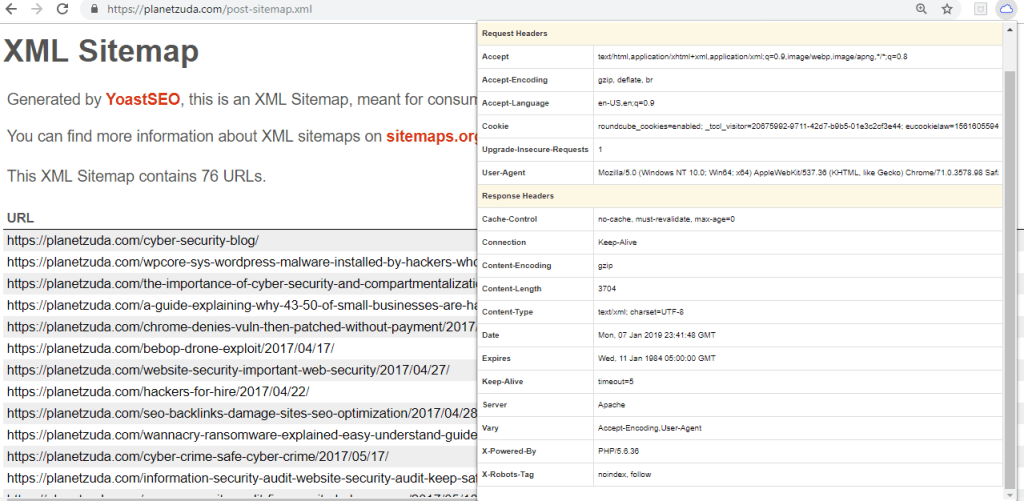We had a client who insisted only on us doing SEO and no cyber security. They believed that being small company prevented them from being hacked. When we showed them the statistics that 50 percent of small businesses go out of business from cyber attacks, they still didn’t think they would be hacked. That was one factor that lost them a lot of money, and as they’ve learned adding in cyber security after the hack isn’t going to recover your money. Also, if you refuse to replace your vulnerable software, you’ll be hacked again and again.
So how does this link to search engine Optimization? It’s pretty simple. When you are hacked, Google remembers and penalizes you for it till your site hasn’t been hacked for 90 days. Not being hacked is vital to survival online, and we help companies survive online both with getting seen and making their sites and apps far more secure.
Building cyber security in with your SEO is a great option. We also do just SEO as some people like to live life on the dangerous side and not do anything about their security.








